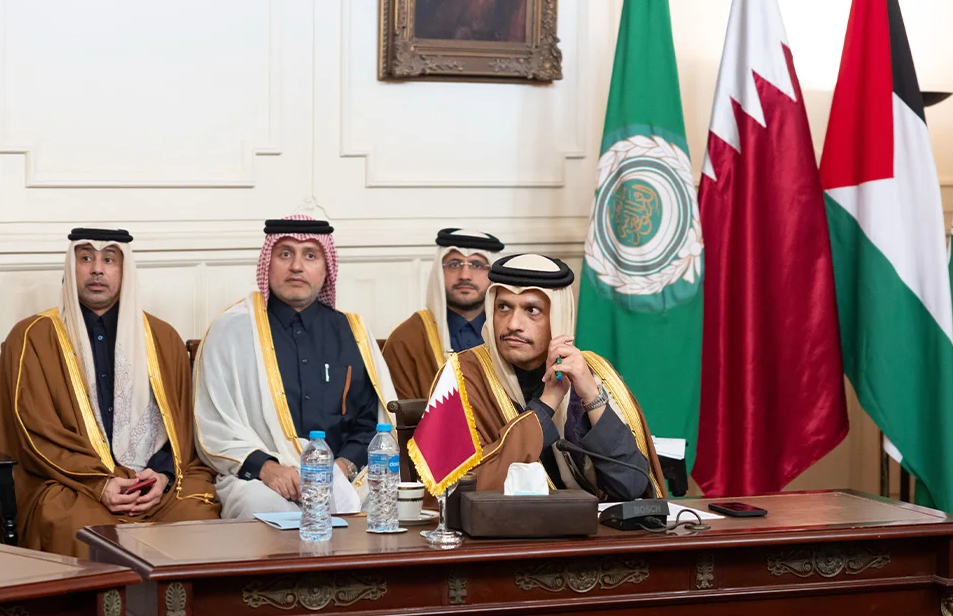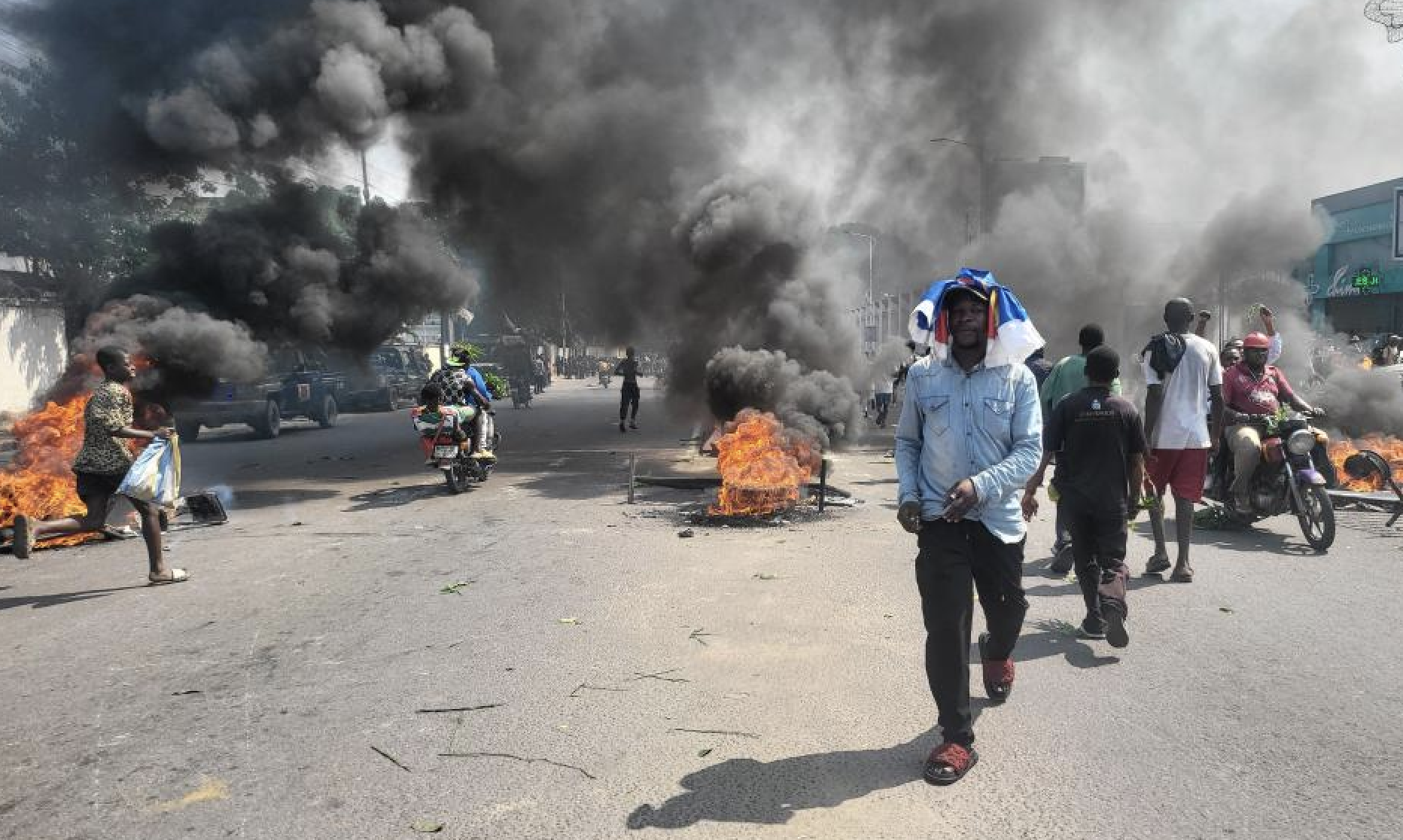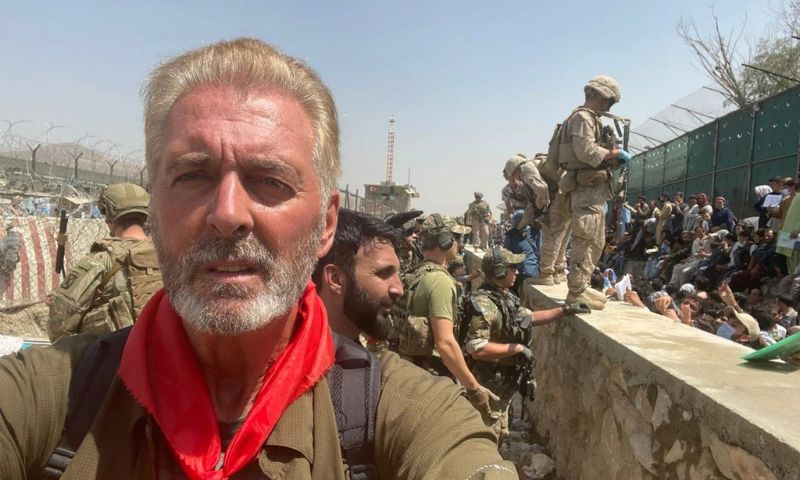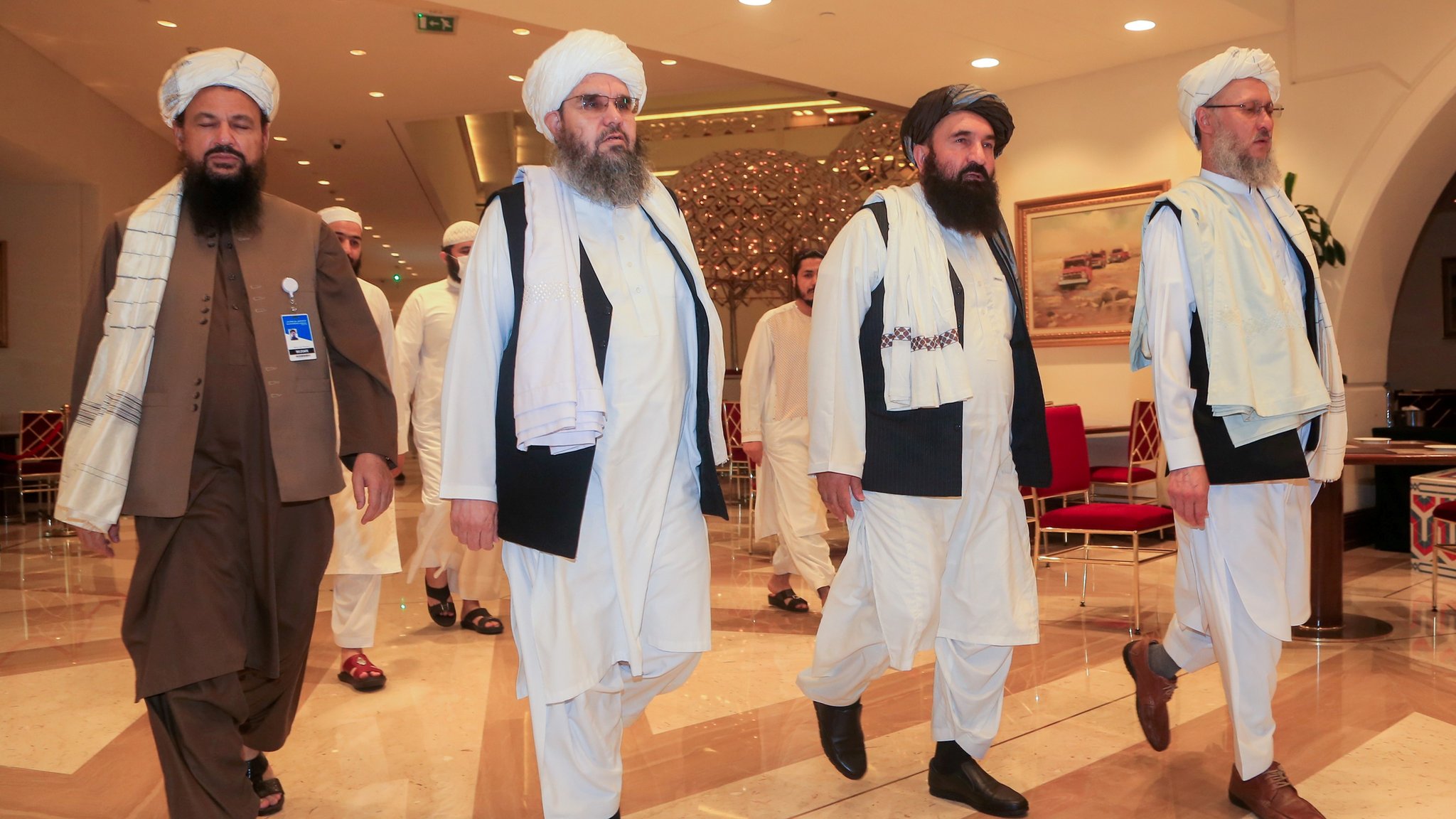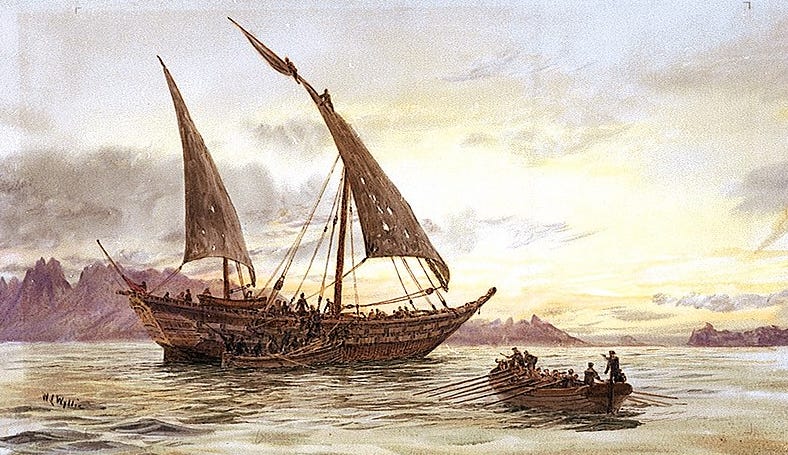Directed by one of Yemen’s brightest storytellers, Al Tamimi’s film takes its viewers on an emotional journey of nostalgia and self-discovery.
When Shaima Al Tamimi graduated with her master’s degree in real estate, she had no idea her future career would change to instead inspire thousands while bringing her own story to one of the world’s biggest film festivals.
Al Tamimi is a half Yemeni half East African filmmaker now based in Qatar who explores her heritage through her films. Her work is regarded by many as exceptional, allowing viewers to dig deep into elements that are sometimes left unspoken. Her latest short film, Don’t Get Too Comfortable, made her the first Yemeni filmmaker to be nominated for the Orrizonti Award for Best Short Film at the 78th edition the Venice Film Festival.
But her success has little to do with her talent and more to do with her hunger to connect with her identity and multi dimensional ancestral heritage.

Growing up, the Al Tamimi lived in a house that was multicultural, speaking three languages and embracing a range of colourful traditions.
But despite her diverse roots, Al Tamimi did not live in either of her home countries; she grew up in the United Arab Emirates before moving to Qatar to chase her career.
This allowed the Yemeni-East African to be surrounded by cultures that were neither her own, nor native to her roots. However, despite the many opportunities that presented themselves, one thing remained missing for her: a connection to her origins.
“I grew up not knowing understanding how to connect with my roots. And I got really frustrated with that at some point towards my adulthood,” she explained to Doha News.
It is these questions that propelled Al Tamimi on her journey to explore her own story – and now she is sharing it with the world.
Don’t Get Too Comfortable is a film supported by the Magnum Foundation through her time as a 2020 Fellow in Photography & Social Justice program. It is additionally supported by the Prince Claus Fund, Women Photograph & Doha Film Institute, and explores elements of nostalgia, culture, and migration – key proponents for the life of any migrant around the world.
The film itself is based on a heartfelt introspective letter to her deceased grandfather and brings together pieces of decades-old archives to inform him of her family’s journey as it stands.
“I never met my grandfather. He passed away when my father was a teenager and to this day, whenever I talk to my dad and we have our father-daughter talk, he would always tell me stories about his father,” Shaima said.
“So, I felt like I wanted to connect with him. You know, what has happened ever since he moved on, things that his son usually tells me.”
The letter questions the continuous pattern of movement amongst Yemenis in the diaspora. It includes archival photographs and sourced footage that gives the viewer a sense of belonging and reality.
She collected the film’s archival materials from her home, and with every photograph and object she held and her hands, she said her connection to her past and present self grew stronger.
“It just brought me a lot more closer and connected to our past. And that’s very important for a person. You know, trying to hope for a better future,” she said, noting that she never thought she would make something out of these pieces of history.
“I want more Yemenis to come out with their narrative in a way that is not dictated by the media.”
However, she now stands as an established filmmaker that has now only brought those memories back to life but beautifully articulated a decades-long journey.
“Having access to the archives immensely helped because it was very therapeutic in addressing our generational trauma. It helped me understand and sort of put things into perspective,” she said.
“I feel like I was able to bring back these memories and bring back the truth through tracing backward using the archives,” she told Doha News.
Al Tamimi remembers that one of her most precious moments while producing her short film was the ability to turn her dad’s story to life – this is something he has always wanted for himself.
“My father was very adventurous, even unintentionally so because of the circumstances and the past. Ever since I was young, he would always say ‘I want someone to make a film about my life because I feel like it’s a story worth telling’, she said.
“And it wasn’t until I started working on the project halfway that I realised that’s what I am doing. Even though it’s a short film, it turned into this – which my dad hoped he would have one day.”
It’s this same wish that helped the young filmmaker conquer questions of her identity, allowing her to take ownership and understand the constant intergenerational insecurity and trauma that comes with searching for a permanent home.
She hopes her work also brings attention to Yemeni migration and gives recognition to the stories worth telling, allowing space for collective healing, not just for Yemeni migrants, but all those who can relate around the world.
“As, Yemenis, you know, we grew up not seeing ourselves on the screen or books and magazines. So I felt like if I’m going to talk about my story, our story, I want people to also relate to this kind of narrative and encourage them to share theirs” she said.
Read also: Powerhouses: The women taking centre stage in shaping Qatar today
“I want people to connect with it in whatever way they relate to it. And although it covers the story of Yemeni diaspora, it can continues to be relatable to any nationality just as much.”
The filmmaker emphasised that it is important for such stories to be told, especially in a way that allows control over the personal narrative.
“I hope to see more people share their stories publicly. I want more Yemenis to come out with their narrative in a way that is not dictated by the media. That’s also a big problem that we’re facing. You know, every story that is told about Yemen is told by outsiders.”
Don’t Get Too Comfortable has been selected for the 78th Venice Film Festival.
For now, Al Tamimi says she will continue to produce more projects that shed light on migrational patterns and identity in her community.
Follow Doha News on Twitter, Instagram, Facebook and Youtube


